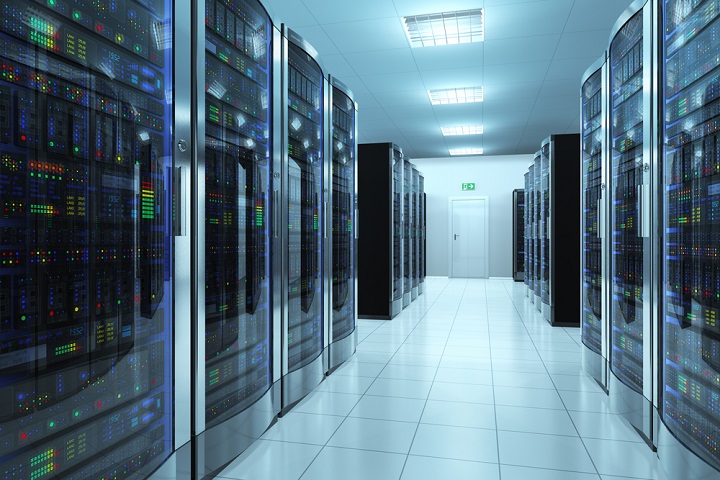Right now, data centers are expanding, which means that executives are searching for more advanced battery technologies to help overcome this problems. According to Data Center Frontier, lithium-ion batteries play a defining role in solving these issues. There are a number of lead-acid batteries thought to be the “weak link” in the current data center’s power chain and executives believe that these batteries are heavy and require high-maintenance.
It’s important to keep in mind that there are different kinds of lithium-ion batteries and each have their own advantages and disadvantages. Li-manganese, for instance, tends to be more powerful and safer in comparison to Li-cobalt. That said, Li-manganese has less capacity.
Lithium-ion batteries have an extended life, a reduced weight, and a smaller size, which helps to solve a number of data center power problems. Data Center Frontier notes, “care must be taken to match the proper chemistry to the application environment.”
Lithium-ion batteries still have a number of concerns
According to the Uptime Institute’s most recent Data Center Industry Survey, there are still worries surrounding lithium-ion batteries use in data centers. For example, investors are worried about safety and dependability. Based on an article written by the Leading Edge Design Group, there are large amounts of energy within a lithium-ion battery. This means that if the battery is not designed properly, a malfunctioning unit could produce massive amounts of heat and the chemicals in the batteries could catch on fire.
Like any emerging technology, dependability is still a major concern. There are big-name institutions, such as Google or Microsoft, who have the freedom to play around with new technology as they have a strong level of redundancies and one mistake in the system won’t affect overall success. Traditional institutions on the other hand, have to wait and analyze dependability before they are able to move forward with the process.
Data centers still want to use lithium-ion batteries
Regardless of the concerns mentioned above, an Uptime survey showed that 10% of institutions have installed lithium-ion batteries, while 26% of organizations are thinking about installing them.
It is true that many investors have been concerned with the price of lithium-ion batteries as it was only a few years ago that these batteries were roughly four times the cost of lead-acid batteries, but output has steadily increased, thus making the price fall.
There has been a rise in interest for onsite power generation
According to the Uptime survey, there is an increasing interest in having onsite power generation. Why? Because institutions are thinking about reducing their reliance on the power grid. Based on the survey, onsite power generation installs soared above 10% and 22% are still considering the installation.
Featured Image: Depositphotos/© scanrail











